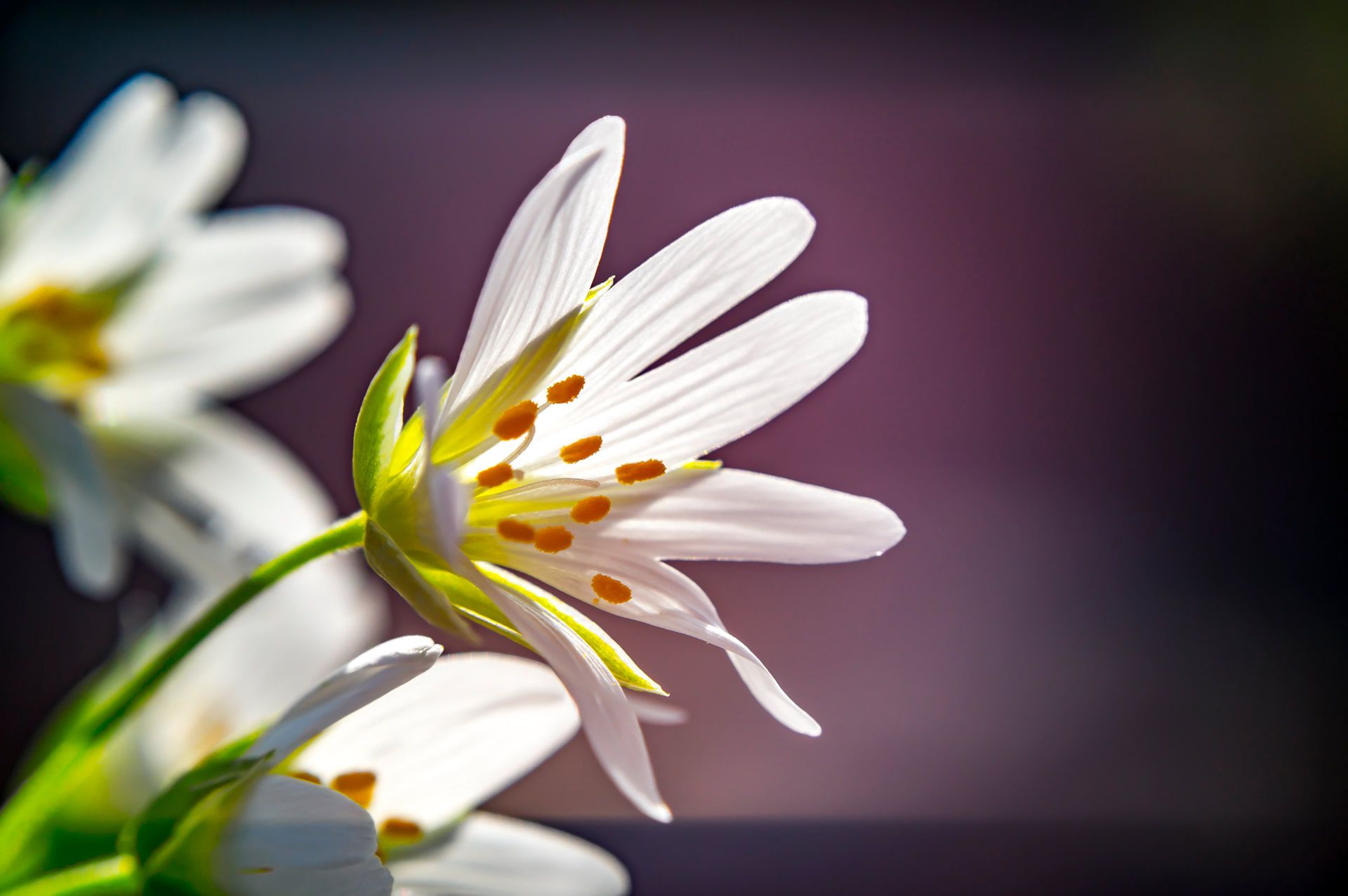Compassion
Or, how we can stop being so hard on ourselves.

A few years ago, I read a parenting book by Lea Waters called The Strength Switch. Its premise is that we get better results with our kids when we focus on their strengths rather than weaknesses. She explains that this way of seeing our kids can be transposed into all areas of our lives – to our friends, our family members, our colleagues and ourselves. Here’s how she explains it:
We can spend a lot of our time and energy plugging the holes, building the half-formed areas and smoothing out the rough edges in our kids. When we focus on minimising weaknesses, the holes do get smaller. But we haven’t done anything to build our kids’ strengths.
What would happen if, instead of filling in the holes, we spent the time and energy on refining the parts that are already there? As we contour, build up and shape these areas – our child’s strengths – the holes naturally get smaller and smaller. The clay you’re building expands into the holes. Strengths grow into the space where the weaknesses used to be.
Waters compares changing our viewpoint from weaknesses to strengths to flicking a switch in our brains. I love the concept of turning a critical mindset on its head. But what I’ve come to realise is that, firstly, it’s hard to remember to apply strength-based thinking in a busy day-to-day life and that, secondly, it’s even harder to apply it to myself. Imagine thinking of my own strengths! That seems selfish, maybe even vain. But I’ve been wondering how my thinking would change if I found good things about myself instead of looking only at my flaws, as is my usual habit.
I’ve also been wondering if this is a generational thing. Whether there are hundreds and thousands of us, all around the world, who’ve been brought up under a judgmental regime that requires us to compare ourselves to others, see mistakes as failures and drive knives of shame and regret into our already fragile self-esteem.
Recently, at a healing workshop with mindfulness and self-compassion teacher, Vivienne Law, I was astounded to listen to the other women in the group – all around my age – talk about their self-critical habits. This reinforced my theory that there are too many of us walking around listening to the critic in our heads all day, letting it stop us from living our best lives.
Vivienne took us on a sound healing journey with the intention of turning us into people who treat ourselves kindly. This is called mindful self-compassion. One of the nicest parts of the workshop was learning the phrase ‘loving connected presence’. It is from this place of kind, loving attention to ourselves, our needs and the situation we are in that we can see more clearly – and more kindly – observing the role that the critic plays in our thinking.
Some of you know me personally, and many of you have borne witness to my incredibly sharp inner critic. My tendency toward perfectionism, and the high standards I set for myself and those around me, can create impossible goals and lead to a lot of blame and regret. I really do want to turn this around. Looking for, and at, my own strengths may be one of the hardest things I’ve ever tried to do.
For many years now, I’ve used a gratitude journal. Each evening before bed, I write down three things from the day that’s just passed for which I’m grateful. Now, I’m challenging myself to also write down three instances where I have demonstrated one of my strengths. Letting my positive traits see the light means getting my inner critic out of the way and lifting my thoughts up so that I transcend the pile of things that are wrong with me.
This is where my maturity comes in. Knowing that there are long-term benefits in building my self-esteem and developing a good relationship with myself is part of my burgeoning wisdom. Maybe you already know and apply this in your life – if so, I’m delighted that you’re kinder to yourself than I am!
But if you’re like me and you need a little reminder about what’s right with you instead of what’s wrong, I encourage you to try this journaling activity, or maybe even write yourself a note here and there. Our future selves will thank us.
Toward the end of our workshop, Vivienne engaged us in a healing circle, where we chanted some phrases designed to build kindness for ourselves and others:
May you trust in the knowledge and wisdom acquired through life
May you feel loved and worthy
May you hold yourself lightly when life gets heavy
May you be free and happy
It was so powerful chanting these in the group and, with Vivienne accompanying us on her singing bowls, there was an amazing energy and beauty. I felt myself shift, ever so slightly, towards a new sense of kindness.
Dear readers, may you also see your strengths and show yourself the kindness you deserve.

Ps. Stay tuned for my conversation with Vivienne, coming up in the next blog. She’ll tell us all about mindful self-compassion and how to start using it.
